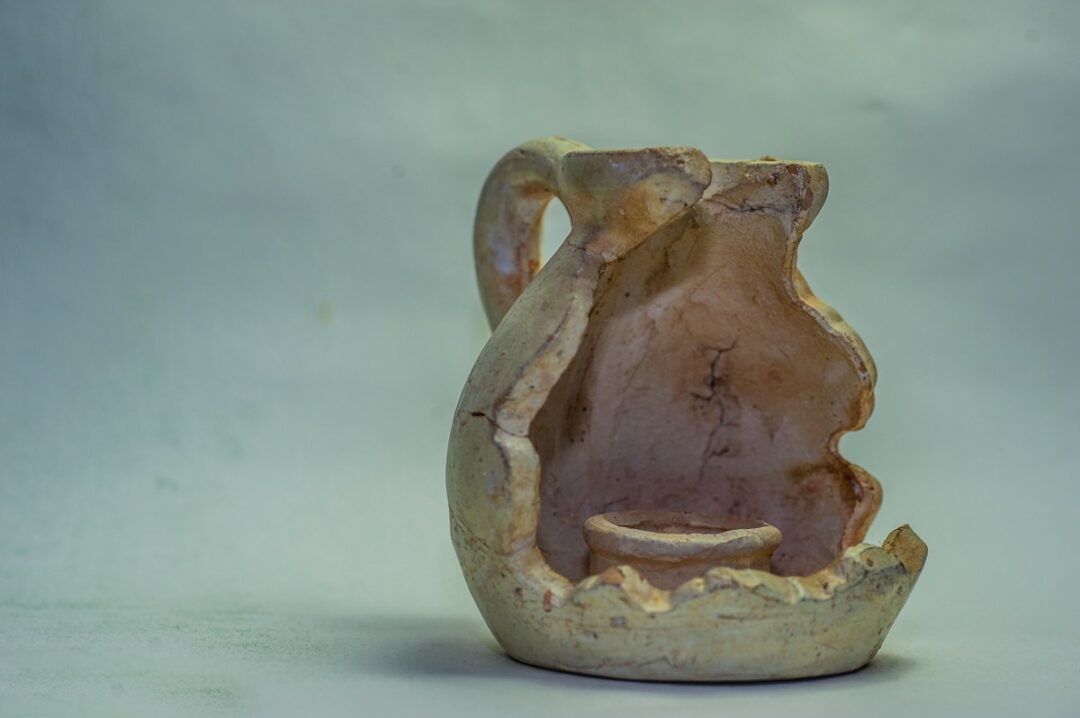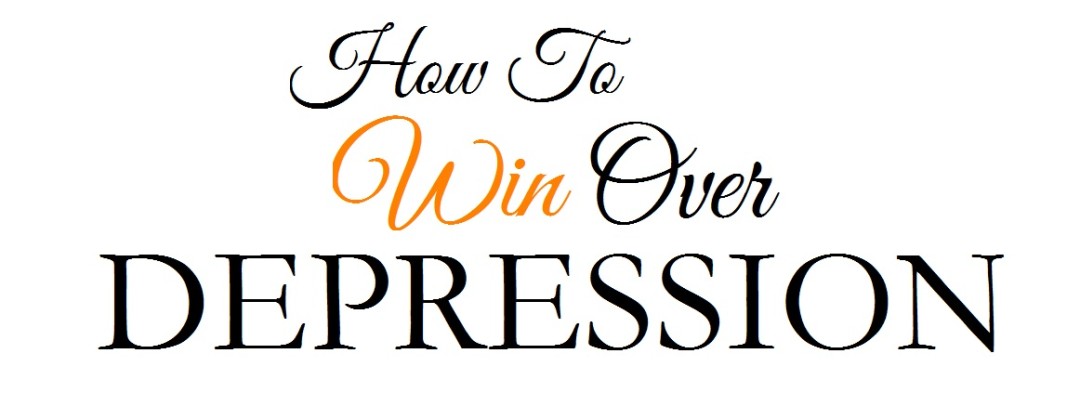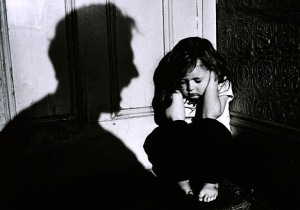Warning: vivid descriptions of the Pearl method of child abuse and mentions of sexual abuse.
My mother was beaten violently as a child. She didn’t tell me those stories– or others– until I was an adult because her life is viciously, brutally dark. I help maintain a database on child torture and I still have rarely encountered stories more shocking and grotesque than my own mother’s. As we have both come to understand the ways our culture justifies child abuse and have learned about the realities of “spanking,” I’ve heard more about what the beatings she experienced looked and felt like. Usually, she was beaten when her own mother was enraged; she remembers the screaming vividly, as well as her mother chasing her, or beating her when she was naked and wet.
When she had me, and later my sister, my mother knew she wanted our childhoods to look nothing like her own. She never wanted to treat us the way her mother had treated her.
***
When my family was stationed in Iceland, we began attending a Baptist church off-base, in the village of Njardvik. My parents also decided to begin homeschooling us there, and we began to socialize heavily with other homeschooling families. One particular well-regarded family was a sort of social nexus among churchgoers and other homeschoolers. Ringleaders. Looking back, I can see they were pretty much in control of whether or not you had friends at church. When they told my parents that I was too free-spirited, rambunctious, disruptive, and they needed to start spanking me, it came with an implicit threat: beat your children or lose your entire social life on this frozen island.
They started “spanking” us.
A few years later, we were reassigned to Holloman AFB and we became thick as thieves with another homeschooling family who handed my parents a copy of No Greater Joy and To Train Up a Child. Mrs. _____ had listened to my mother’s concerns about not replicating her own nightmarishly abusive childhood and said “here, this is how you do it. This is how you can spank without ever becoming abusive.”
***
My culture accepts spanking as normal. According to one study from the University of Chicago, 76% of American men and 66% of women think spanking is fine. Given this, it’s utterly unsurprising that a strict, conservative family like the one we encountered in Iceland saw… well, all of me, and declared “that child needs a good whoopin’.” But, many people, like my parents, think that spanking can go too far and can cross a line. How do you make sure that your discipline is biblical, appropriate, measured, and loving?
Enter Michael and Debi Pearl, stage left.
They come bearing the perfect message for this audience: yes, you absolutely can hit your child while still considering yourself loving parents. And, best of all, they bring some very simple, easy rules to follow!
- Never spank in anger. If necessary, wait until you are calm before spanking.
- Never spank in public. Spankings should never be humiliating to the child.
- Never spank with your own hand; always use an implement. Your child should never flinch away from your hand.
- Never spank anywhere besides the buttocks and the backs of the thighs.
- Always explain to the child why you are spanking them.
- Always repair the relationship afterward, and tell them you love them.
- Always act as if the transgression is totally resolved and forgotten.
I know these rules by heart because I myself read No Greater Joy and To Train Up a Child several times as a teenager, in preparation for becoming a parent someday. I fully believed this argument, and so did everyone I knew. Follow these rules, and you’ll never be abusive.
***
Except the reality is horrific. My parents beat me nearly every single day, multiple times a day, from the time I was seven until I was fifteen. When my mother decided I needed a beating, she would say “Room.” and point in the direction of her bedroom. My stomach would drop to my feet and I would get sick. I would start shaking. My language skills would evaporate, and I would be unable to think in words for long periods afterwards. Once I crossed the threshold into the bedroom, my heart would be pounding so loud I felt our neighbors should hear it.
Then, I would walk to the side of the bed, press my calves and thighs up against the side of it, and bend ninety degrees until my face touched the mattress. To this day I cannot stand the feeling of quilted polyester sateen and the site of burgundy and hunter green together is nauseating. I would place my hands by my face, and then become as utterly motionless as I could make myself. I was required to be utterly still while she beat me for the entire duration of the beating, or she would start over.
On top of being completely still, I had to indicate — in the appropriate ways– that the beating had “succeeded,” that she had accomplished what the Pearls taught about breaking my will. I couldn’t physically resist the spanking, but I could, after a few strikes, begin to tremble. I couldn’t cry too loudly or too soon, but if I waited until just the right moment to whimper …
Once she had beaten me the number of times she felt my infraction necessitated, we would move to sit together on the bed– me, gingerly– while she performed the trauma bonding ritual the Pearls taught was fundamental to their method. This part was always worse, and harder, than enduring the beating. I would be so incredibly angry, so stuffed full of rage and humiliation and hurt, and I had to pretend that none of those feelings existed. I had to appear repentant, sorrowful, and loving. I had to hug the person who had just beaten me, tell them I loved them, and sound like I meant it, or the whole experience would be repeated until I was “broken.”
I got very good at pretending.
***
When I was in college, I and another student, with the approval of our parents, began courting. Eventually, we became engaged and started planning our wedding for after my graduation. On the surface, our relationship looked perfect and I was thrilled. I was finally going to feel like I belonged– I was straight, I was going to be a missionary, the best possible sort of Christian, and it was my fiance who was my ticket to finally feeling like I was a part of my religious community.
Like I’ve mentioned before a few times, he was extremely abusive. And, like I’ve also mentioned before, it wasn’t the incidents that any outside observer would immediately say “there, that’s rape” which have continued to torment me. Those assaults were hard enough to deal with, but what has absolutely devastated me are all the times where I imagine that mighty, invisible, non-existent audience would be confused. What exactly about this is sexual abuse? I can hear them asking as they watch the scene unfold. You are clearly cooperating.
Yes. Yes, I was.
Because I was taught that the people who hurt you, violently hurt you, every day, for years, are doing it because they love you.
Because I knew beyond all shadow of doubt that if you need to endure the unimaginable, you become motionless.
Because I had learned what signs he was looking for, the subtle hints of my surrender, and how to give them at the appropriate moments so the nightmare would just be over.
Because I was taught when I was seven years old that the best way to survive abuse is to pretend.





